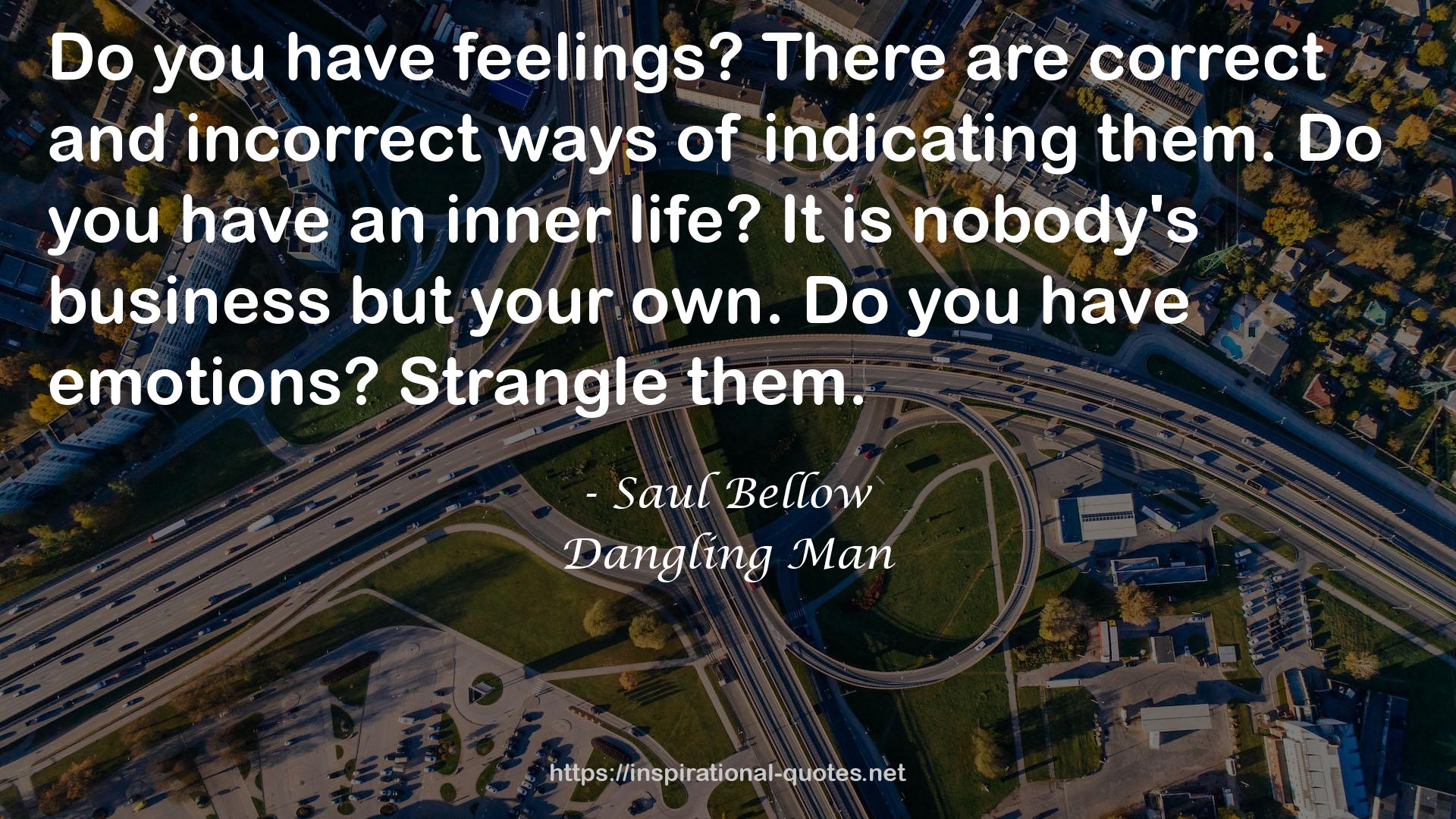Dangling Man QUOTES
SOME WORKS
- Razer's Ride (The Last Riders, #1)
- Dystopia: How The Tyranny of Specialists Fragment African Cities
- What Killed Jane Creba: Rap, Race, and the Invention of a Gang War
- Split: Class Divides Uncovered
- The Lido
- Homesick: Why I Live in a Shed
- Tail Spin (FBI Thriller, #12)
- Alive (The Generations Trilogy, #1)
- California Tenants' Rights

